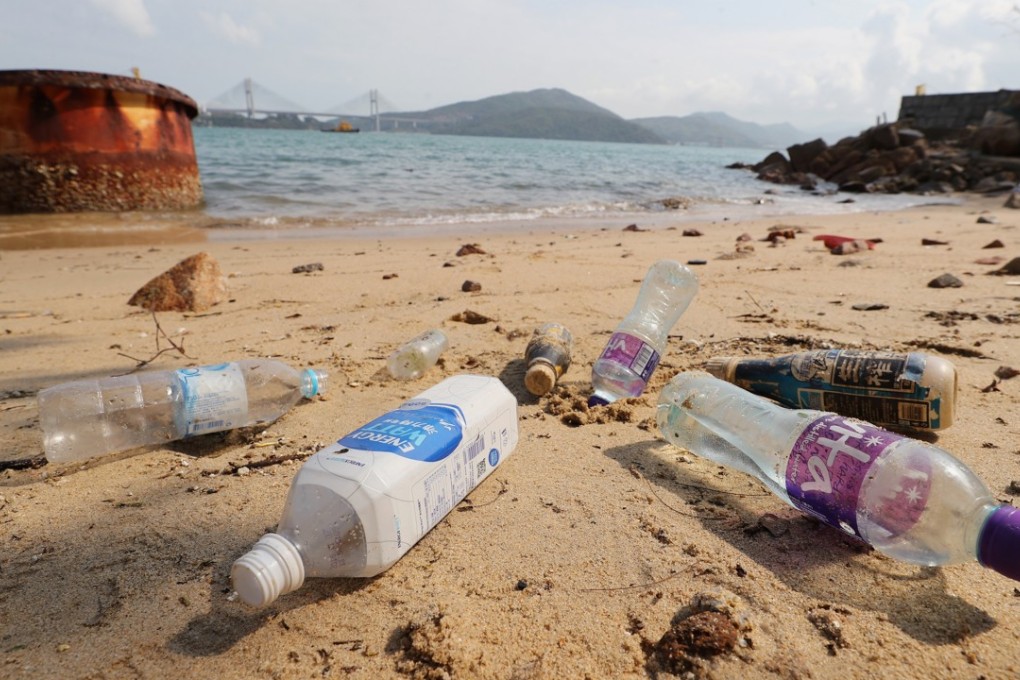Advertisement
Urgent action must be taken on plastic
The ubiquitous use of plastic in modern society is invading the food chain and puts people’s health at risk. But with consumers often having little choice but to use products containing plastic, government intervention is necessary
Reading Time:2 minutes
Why you can trust SCMP

News reports about plastic contaminating a type of fish consumed in local meals is not just unappetising. It turns the spotlight on how the ubiquitous use of plastic in modern society is invading the food chain and putting people’s health at risk.
According to an Education University of Hong Kong study, microplastics were found in 60 per cent of wild flathead grey mullet samples examined. The plastics are believed to come from single-use cutlery, straws, cups and bottles.
Advertisement
Last month, a Hong Kong University of Science and Technology study showed that microbeads, which are commonly used in facial scrubs and toothpastes, were found in the digestive tracts of fish and other marine creatures.
The studies echo what has been found elsewhere. From drinking water to sea salts, what we eat and drink are increasingly polluted by plastic.
A 2013 study from the United States found that detectable levels of plastic were found in the urine of 95 per cent of the adult population.
Advertisement
Select Voice
Choose your listening speed
Get through articles 2x faster
1.25x
250 WPM
Slow
Average
Fast
1.25x